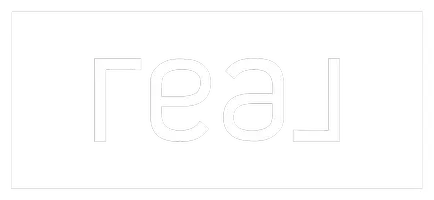Everything You Need to Know About 1031 Exchanges in Colorado
Real estate investments can be both lucrative and complex, particularly when it comes to taxes. One powerful tool for investors is the 1031 exchange, which allows for the deferral of capital gains taxes on the sale of an investment property. If you're a real estate investor in Colorado, understanding the intricacies of 1031 exchanges can help you maximize your investment potential. Here's everything you need to know about 1031 exchanges in Colorado.
What is a 1031 Exchange?
A 1031 exchange, named after Section 1031 of the Internal Revenue Code, allows real estate investors to defer paying capital gains taxes on the sale of an investment property by reinvesting the proceeds into a similar property. This strategy is also known as a like-kind exchange. The primary benefit is the ability to defer taxes, potentially allowing for increased investment capital and portfolio growth.
Key Requirements for a 1031 Exchange
1. Like-Kind Property
3. 45-Day Identification Period
4. 180-Day Exchange Period
5. Qualified Intermediary
Steps to Complete a 1031 Exchange in Colorado
1. Choose a Qualified Intermediary
2. Sell the Relinquished Property
3. Identify Replacement Properties
4. Purchase the Replacement Property
5. Report the Exchange
Benefits of 1031 Exchanges in Colorado
The primary benefit is the deferral of capital gains taxes, allowing investors to reinvest the full proceeds from the sale into a new property.
By deferring taxes, investors have more capital to invest in higher-value properties or multiple properties, potentially increasing their return on investment.<
A 1031 exchange allows investors to diversify their real estate portfolio by exchanging properties in different locations or types.
4. Estate Planning
1031 exchanges can be a valuable tool for estate planning, enabling investors to defer taxes indefinitely. Heirs can inherit properties with a stepped-up basis, potentially eliminating deferred gains.
Considerations and Risks
The rules governing 1031 exchanges are complex and strict. Missing deadlines or failing to meet requirements can result in disqualification and immediate tax liability.
2. Market Conditions
Finding suitable replacement properties within the 45-day identification period can be challenging, especially in a competitive real estate market.
While capital gains taxes can be deferred, depreciation recapture may still apply, resulting in some tax liability.
Using a qualified intermediary involves fees, which can vary depending on the complexity of the exchange.

